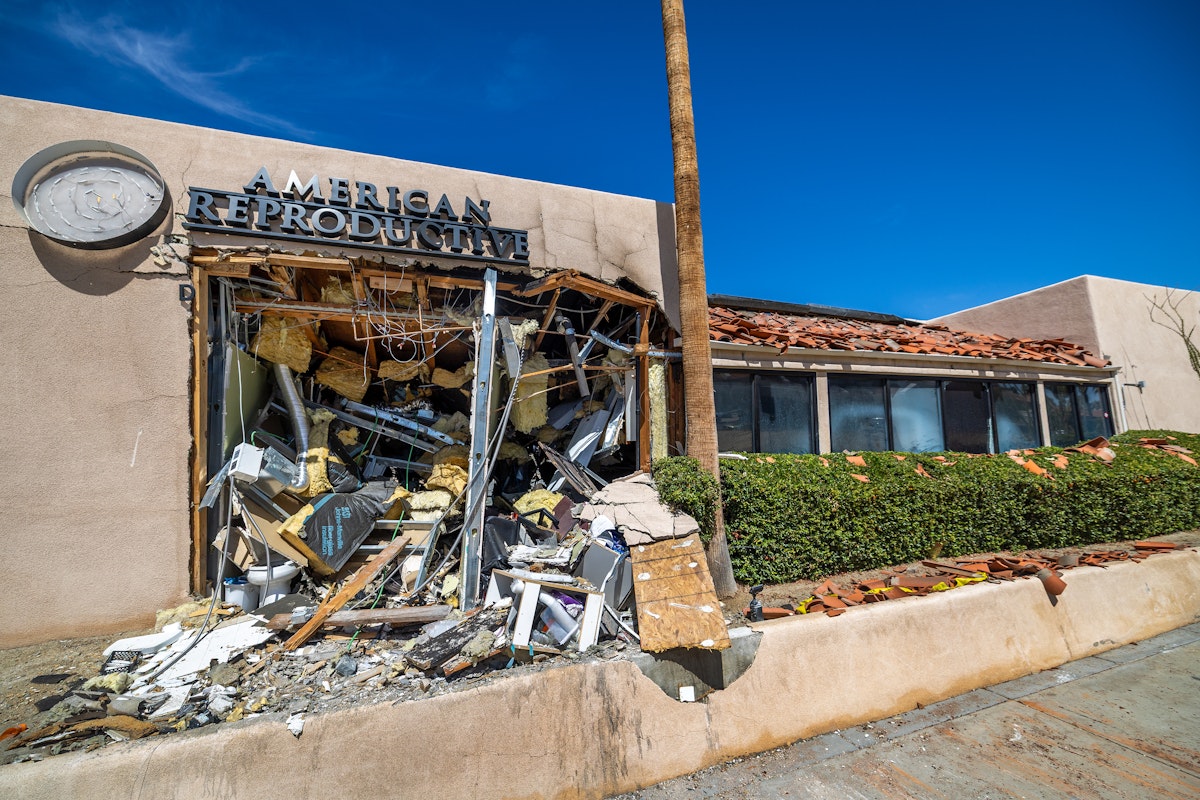Now Reading: The Dark, Nihilistic Philosophy Behind the IVF Clinic Bombing
-
01
The Dark, Nihilistic Philosophy Behind the IVF Clinic Bombing
The Dark, Nihilistic Philosophy Behind the IVF Clinic Bombing

Over the weekend, a violent incident occurred at an in vitro fertilization clinic in Palm Springs, California, where a car bomb was detonated by Guy Edward Bartkus, resulting in his death and injuries to four others. The FBI has labeled the attack as an act of terrorism, shedding light on the unsettling anti-life ideology that drove Bartkus. In a manifesto and audio recording attributed to him, Bartkus expressed nihilistic views, questioning the lack of consent for his existence and advocating for a philosophy that opposes procreation due to the inherent suffering in life.
This incident goes beyond an act of terror or mental illness, reflecting deeper societal issues that many young individuals grapple with. Bartkus’s extreme beliefs, rooted in despair and disillusionment, tap into a broader sense of hopelessness prevalent in American culture. Economic struggles, social isolation, and political unrest contribute to a growing sense of despair, with many feeling that life itself has become unbearable.
The rise of ideologies like antinatalism and efilism, coupled with societal contradictions regarding birth and life, further fuel the sense of disillusionment among individuals like Bartkus. These warped beliefs find resonance in certain online subcultures, where toxic ideologies and feelings of alienation thrive. The incident involving Bartkus calls for a deeper examination of the societal failures that breed such extreme ideologies and push individuals towards violent actions.
It is crucial for society to address the underlying systemic issues that contribute to the rise of anti-life philosophies and provide support for individuals grappling with despair and hopelessness. Rather than dismissing attackers like Bartkus as isolated cases, there is a need to acknowledge the societal conditions that nurture such destructive beliefs and work towards creating a more empathetic and inclusive environment for all.






